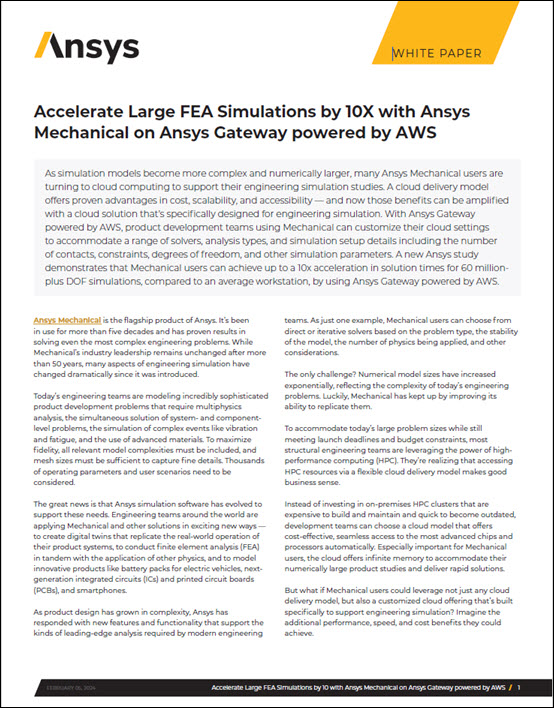Researchers in China are busy upgrading the MilkyWay 2 (Tianhe-2) system to nearly 95 Petaflops (peak). This should nearly double the performance of the system, which is currently ranked at #2 on TOP500 with 33.86 Petaflops on the Linpack benchmark. The upgraded system, dubbed Tianhe -2A, should be completed in the coming months.
PASC17 to Feature Talk by Gordon Bell Prize Winner Haohuan Fu
“This talk reports efforts on refactoring and optimizing the climate and weather forecasting programs – CAM and WRF – on Sunway TaihuLight. To map the large code base to the millions of cores on the Sunway system, OpenACC-based refactoring was taken as the major approach, with source-to-source translator tools applied to exploit the most suitable parallelism for the CPE cluster and to fit the intermediate variable into the limited on-chip fast buffer.”
Speakers Announced for HPC User Forum in Beijing
IDC has announced the featured speakers for the next international HPC User Forum. The event will take place Sept. 22 in Beijing, China.
Radio Free HPC Looks at Sunway TaihuLight – the World’s Fastest Supercomputer
In this podcast, Shahin Khan from OrionX joins the Radio Free HPC team for a look at the new TOP500 list of the world’s fastest supercomputers. “The 93 Petaflop Sunway TaihuLight supercomputer is not a one-time effort from China. Not only do they now have the two top two supercomputers, China also sponsors the world’s largest state-sponsored Student Cluster Competition with over 170 university teams. The takeaway from today; China is serious about supercomputing, they are in it for the long haul, and they are willing to write the checks to make it happen.”
An Open Invitation to Work on the Tianhe-2 Supercomputer
European researchers are welcome to use the world’s fastest supercomputer, the Tianhe-2, to pursue their research in collaboration with Chinese scientists and HPC specialists. “Enough Ivy Bridge Xeon E5 2692 processors had already been delivered to allow the Tianhe-2 to be upgraded from its current 55 Petaflops peak performance to the 100 Petaflops mark.”








